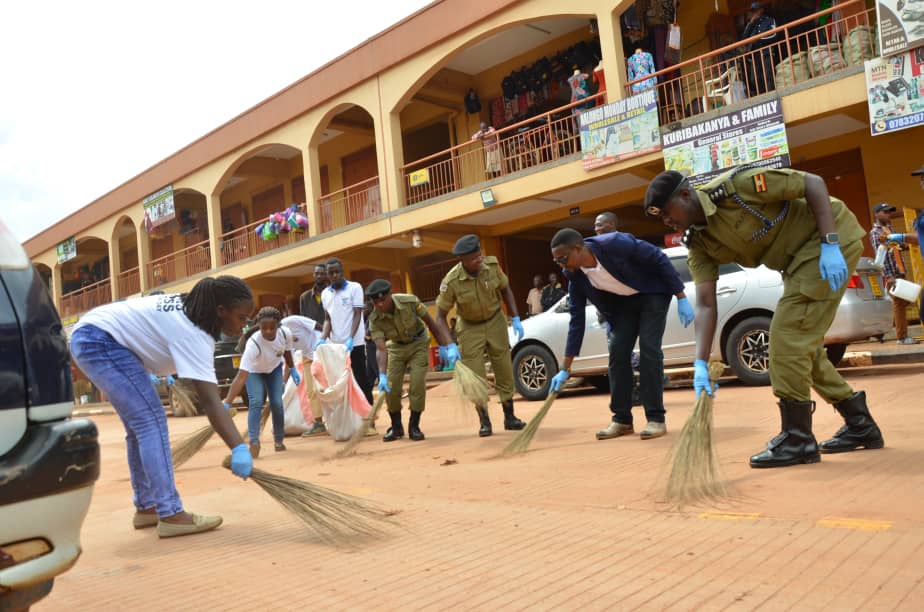How can I tell the difference between flu and COVID-19?
It's impossible to tell without a test. Influenza and COVID-19 have such similar symptoms, you may need to get tested to know what's making you miserable.
Body aches, sore throat, fever, cough, shortness of breath, fatigue and headaches are symptoms shared by the two.
One difference? People with the flu typically feel sickest during the first week of illness. With COVID-19, people may feel the worst during the second or third week, and they may be sicker for a longer period.
Another difference: COVID-19 is more likely than the flu to cause a loss of taste or smell. But not everyone experiences that symptom, so it's not a reliable way to tell the viruses apart.
That leaves testing, which will become more important as flu season ramps up this fall in the Northern Hemisphere. Doctors will need to know test results to determine the best treatment.
It's also possible to be infected with both viruses at the same time, said Dr. Daniel Solomon, an infectious diseases expert at Brigham and Women's Hospital and Harvard Medical School in Boston.
Whether you get tested for one or both viruses may depend on how available tests are and which viruses are circulating where you live, he said.
"Right now we are not seeing community transmission of influenza, so widespread testing for the flu is not yet recommended," Solomon said.
Both the flu and coronavirus spread through droplets from the nose and mouth. Both can spread before people know they are sick. The flu has a shorter incubation period — meaning after infection it can take one to four days to feel sick — compared to the coronavirus, which can take two to 14 days from infection to symptoms.
On average, COVID-19 is more contagious than flu. But many people with COVID-19 don't spread the virus to anyone, while a few people spread it to many others. These "superspreader events" are more common with COVID-19 than flu, Solomon said.
Preventing the flu starts with an annual flu shot tailored to the strains of the flu virus that are circulating. Health officials would like to see record numbers of people get flu shots this year so hospitals aren't overwhelmed with two epidemics at once.
There's no vaccine yet for COVID-19, although several candidates are in the final testing stages.
Precautions against COVID-19 — masks, social distancing, hand-washing — also slow the spread of the flu, so health officials hope continued vigilance could lessen the severity of this year's flu season.
Source: VOA













